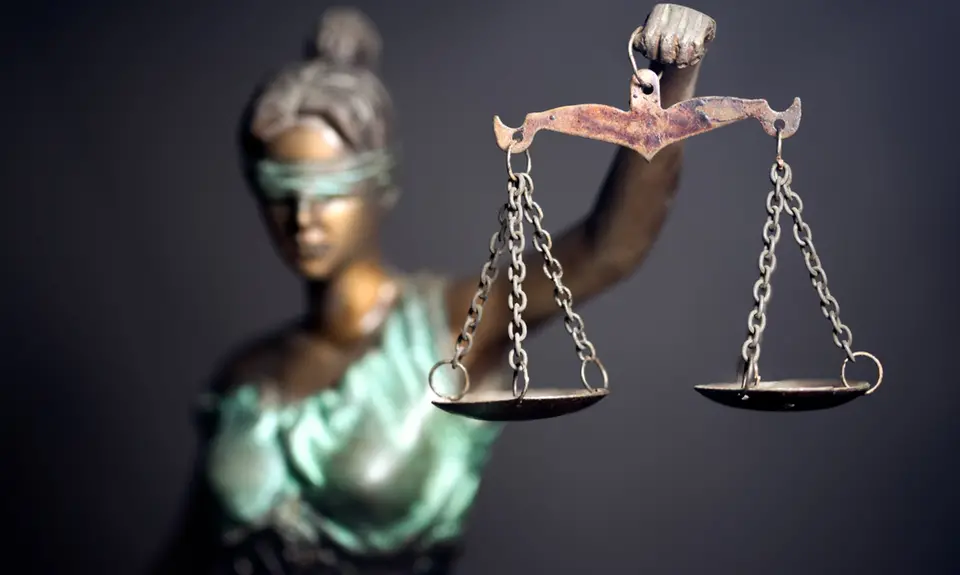“Confirmed Judges, Confirmed Fears” is a blog series documenting the harmful impact of President Trump’s judges on Americans’ rights and liberties. Cases in the series can be found by issue and by judge at this link.
Trump Fourth Circuit judges Allison Rushing and Julius Richardson voted to uphold the deportation of a man from Sierra Leone who had been in this country for more than twenty years, even though the controlled substance conviction that authorized his removal was “ambiguous.” The government claimed he was deportable because of a state conviction for possession of a controlled substance, but the dissenting judge pointed out that the conviction did not justify removal because the state law and the conviction were overbroad. The February 2020 case is Bah v. Barr.
Hassan Bah entered the United States on a visitor visa as a child in 1999. He continued to live in the United States and later married a U.S. citizen. In December 2015, he was indicted and later convicted of possession of a controlled substance in Virginia. A federal deportation law authorizes the removal of immigrants who have been convicted at the state level of any offense “relating to a controlled substance as defined” by federal law. In accordance with that rule, the Department of Homeland Security (DHS) began removal proceedings against Bah and ordered him to be deported.
Bah maintained that the Virginia law prohibiting controlled substances is much broader than the federal law, however, and in fact bans “at least 52 substances not found on federal schedules.” Accordingly, he argued to the Fourth Circuit on appeal that DHS had not proven that he had been convicted of a controlled substance as defined by federal law. But Judge Rushing rejected that argument in an opinion joined by Richardson, based on the majority’s conclusion that Bah had been convicted of the possession of ethylone, which is banned under both federal and state law.
Judge Stephanie Thacker strongly dissented. Under Supreme Court precedent, she explained, the “ambiguity” as to whether his state conviction “necessarily involved facts that are a categorical match to a federal offense” punishable under federal law cannot adequately support the decision to deport him. In Bah’s case, she went on, both the indictment and conviction order list “ethylene,” which is not a controlled substance, and the sentencing order lists “MDMA” as the relevant controlled substance. Although the majority asserted that the reference to “ethylene” was simply a “scrivener’s error,” there was no evidence to support that. Furthermore, Thacker pointed out that it may well be that Virginia law allows a conviction for a broad and undefined category of Virginia controlled substances, some of which are not controlled substances under federal law; consequently, “it is impossible to determine” that Bah’s conviction “necessarily involved elements that are a categorical match to a federal offense.”
As a result, Thacker concluded, Bah’s offense “cannot support” removability, and he should have been allowed to remain in the U.S. But as a consequence of the decision by Rushing and Richardson, Bah will be separated from his family and deported.
